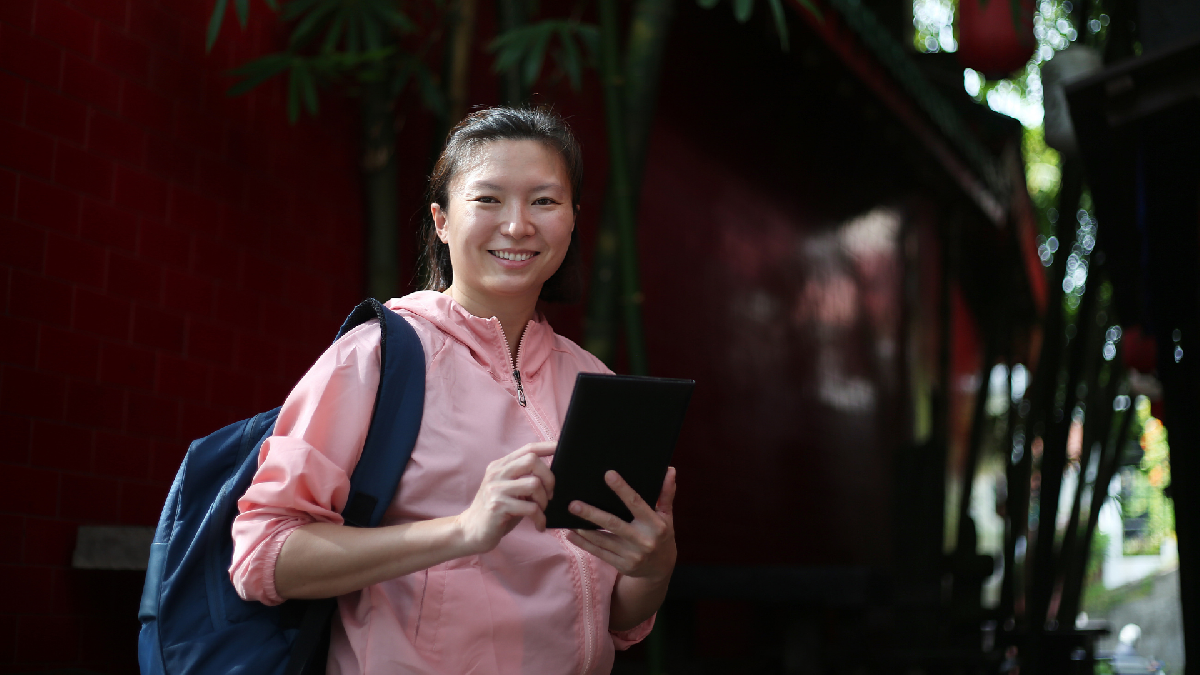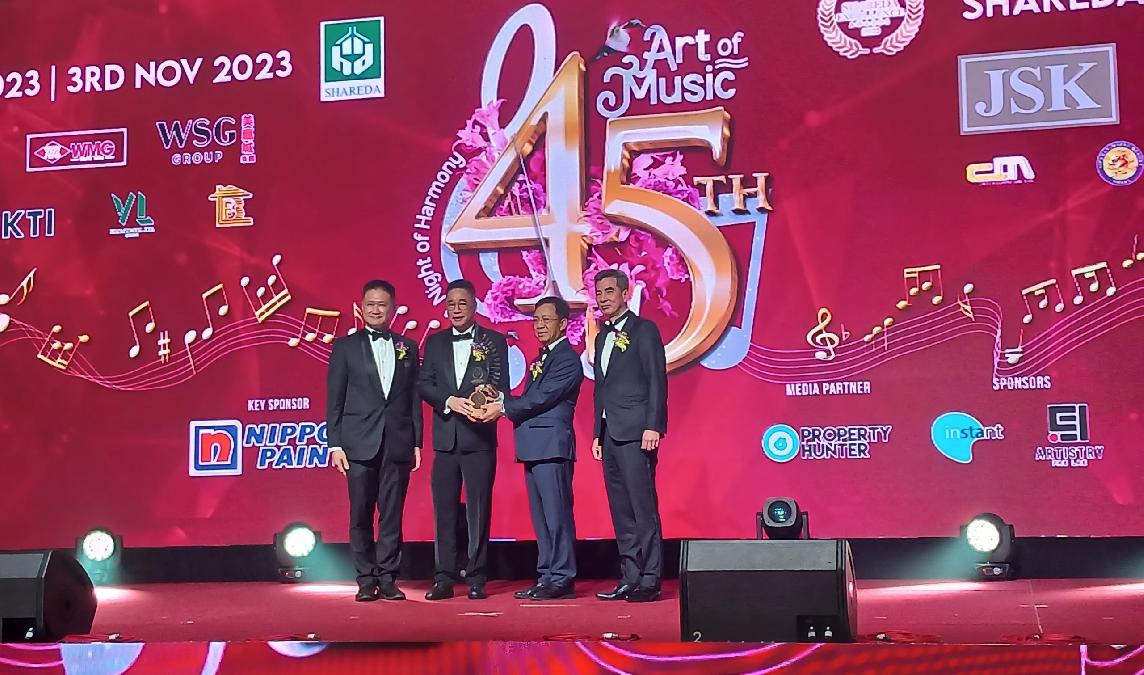The State Government has agreed to relax the conditions imposed on the purchase of properties by foreigners by lowering the minimum threshold from RM1 million to RM600,000 for high-rise residential units.
The move is certain to improve prospects for the property sector that is currently depressed due to the Covid-19 pandemic and stricter conditions for loan approvals due to job losses and slashed salaries.
However, foreign ownership for landed houses remains capped at RM1 million. This was announced by Sabah Economic Advisory Council (SEAC) Chairman Tan Sri David Chu who said the pandemic has had a significant impact on developers the last two years because the local market was unable to absorb the existing supply of houses.
He said the housing market was in desperate need of international buyers.
Chu said he conveyed the situation to Chief Minister Datuk Seri Hajiji Noor, who agreed to lower the minimum threshold for foreign ownership of high-rise residential properties to RM600,000 from RM1 million.
"This is only applicable to high-rise condos. Foreigners looking to purchase landed properties must still meet a minimum purchase price of RM1 million."
On Tuesday, Chu received a courtesy call from Sabah China Chamber of Commerce (SCCC) led by its president Datuk Frankie Liew at the Jesselton Twin Towers sales gallery.
He said SAC recently held a roundtable discussion with the Institute for Development Studies (IDS) to explore the Malaysia MySecond Home (MM2H) programme, which includes the issuance of Permanent Residency (PR) to entice "super rich" foreigners.
He said the committee informed IDS and the State Government that foreigners were not interested in MM2H due to the unfavourable conditions. As a result, SEAC proposed to the State Government that PR be issued to entice the "super rich" to Sabah from countries such as China, Japan, Korea, Australia, and the United States.
He said Sabah relied significantly on federal funding to conduct development projects, but many leaders have complained about delays in these projects due to a lack of cash from the federal government, such as the Pan Borneo Highway, which is still less than 30 per cent complete.
Foreigners, as well as West Malaysians and Sarawakians living in Sabah can apply for PR, according to Chu.
He said numerous non-Sabahan Malaysians had worked or done business in Sabah for decades and that their children had even been born here, yet their PR application had been stalled for years.
On attracting international investment to develop the agriculture sector in Sabah, according to Chu, the SEAC has proposed to the Sabah Agriculture Department that large-scale fruit farming should be encouraged.
“Whether it’s durian, pineapple, coconut, or mango, fruit farming should be done on a massive scale for mass production so that Sabah can export to other nations."
Furthermore, Chu said the State Government encouraged investments in a variety of sectors, including green energy and downstream industries, in order to boost Sabah's economic growth.
Given the rapid transfer of the Indonesian capital to Kalimantan, he said Sabah has to hurry up the pace to avoid missing out on chances.
In order to attract international investors, he also stressed the significance of good government policies.
Despite the Covid-19 pandemic, Chu said the SEAC has been working hard to support economic growth in Sabah for the past year.
"Expanding Sabah's economy and attracting international investment necessitates a concerted effort from all parties," he said.
Meanwhile, SCCC's key goals, according to Liew, are to attract more Chinese investors to Sabah and to encourage more local enterprises to enter the Chinese market in order to boost bilateral commerce.
To do so, he said the chamber needed information from the state government on foreign investment policies, such as tax breaks or subsidies, in order to assist Sabah in attracting more investors.
He said that several large Chinese companies were interested in investing in Sabah because of the state's abundant natural resources and wide agricultural terrain.
The MM2H programme in Sabah, requirements for importing skilled technical workers from China, conditions for foreign ownership of properties in Sabah, incentives and conditions for Chinese investments in the agricultural sector, oil and gas development, deep-sea fishing, and disaster preparedness were among the topics discussed during the courtesy call.
SEAC member Datuk John Lo, SCCC vice president Dato' Soh Poh Soon, and committee members were also present.
___
This article was originally published by Daily Express.
.jpeg)

.jpeg)



.png)
.png)



.jpeg)

